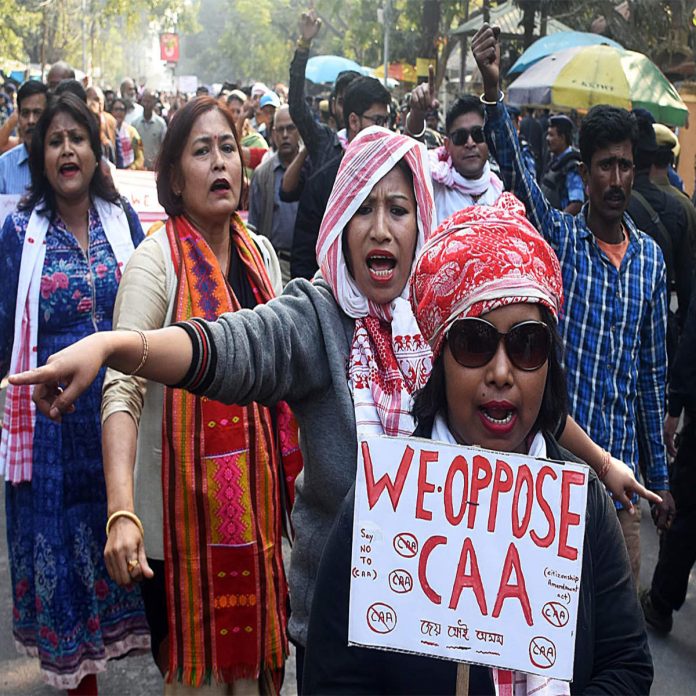– Ayesha Sultana
As the Citizenship (Amendment) Act (CAA) Rules were recently notified by the Ministry of Home Affairs, anxiety brews among the Muslim minority community regarding the lack of clarity on the fate of rejected applicants. The Rules, which came into effect earlier this month, have raised questions about the review process for those whose applications are turned down by the empowered committees tasked with adjudicating citizenship under the Act.
With the commencement of applications through the online citizenship portal, many potential applicants from the Muslim minority community fear the consequences of rejection. The Rules provide no guidance on the recourse available to individuals whose submissions fail to meet the scrutiny of the empowered committee or are subject to adverse security clearance reports.
Of particular concern are members of the Muslim minority community residing in states like West Bengal and Assam, who have lived in India for decades and consider themselves Indian citizens. However, their applications for citizenship under the CAA may face rejection if their documentation does not meet the committee’s standards or if they receive unfavorable security clearance reports.
Mamata Bala Thakur, a Trinamool Congress parliamentarian representing a Hindu community that migrated from Bangladesh, has sounded the alarm, warning that rejected applicants could potentially face detention. This warning rings especially true for members of the Muslim minority community, who feel marginalized and vulnerable under the CAA’s provisions.
The CAA, passed by Parliament in December 2019, allows for citizenship based on religion for the first time in India’s history. It extends citizenship to undocumented migrants belonging to six non-Muslim communities – Hindu, Sikh, Buddhist, Jain, Parsi, or Christian – from Afghanistan, Bangladesh, and Pakistan, who entered India on or before December 31, 2014. Furthermore, it reduces the residency requirement for citizenship from 11 years to 5 years.
Despite these changes, the Muslim minority community remains excluded from the CAA’s provisions, raising concerns about discrimination and marginalization. The silence of the CAA Rules on the fate of rejected applicants only amplifies these apprehensions, leaving many in the Muslim minority community uncertain about their future status in India.




